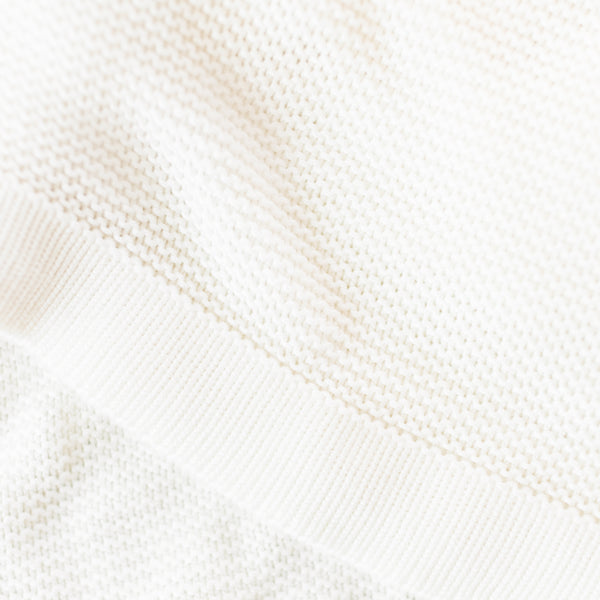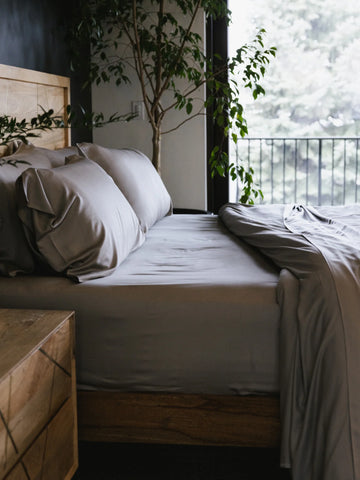Taking Charge of Your 5-9 with a Self-Care Routine
By Riley Seymour | Mar 28, 2024
You’re attempting to view exclusive content only for members in the __tier_name__.
Already have an account? Sign in
You’re attempting to view exclusive content only for members in the __tier_name__.
Already have an account? Sign in
By Riley Seymour | Mar 28, 2024

By Riley Seymour | Mar 28, 2024
In the hustle and bustle of our daily lives, it's easy to neglect ourselves, especially after a long day of work. However, it's crucial to prioritize self-care, especially during the evenings (5pm-9pm), to ensure we're recharged and ready to tackle the challenges of the next day. By establishing a self-care routine, you can transform your evenings into a time of relaxation, rejuvenation, and self-love.
Self-care is not just a luxury; it's a necessity for maintaining our physical, mental, and emotional well-being. Taking time for ourselves allows us to recharge and prevent burnout, ultimately improving our productivity and overall quality of life. By investing in self-care, we're investing in our long-term health and happiness.

Evenings are the perfect time to unwind and focus on ourselves after a busy day. Here's how you can establish and make the most of a 5-9 routine:
Quality Time with Family: Start your evening by spending quality time with your loved ones. Whether enjoying a meal together, engaging in meaningful conversations, or simply cuddling up on the couch, nurturing your relationships can provide a sense of connection and support, further enhancing your well-being.
Comfortable Attire: Change into cozy pajamas or loungewear that makes you feel comfortable and confident. Investing in quality sleepwear can enhance your relaxation and help signal your body that it's time to unwind.
Skincare Ritual: Indulge in a soothing skincare routine to cleanse away the day's impurities, treat your skin with nourishing products, and moisturize to keep it hydrated and glowing. Incorporate self-care products that make you feel pampered and refreshed.
Sip Some Tea: Brew a cup of your favorite herbal tea to help relax your mind and body. Whether it's chamomile for its calming effects or peppermint for its refreshing taste, find a tea that soothes your senses and aids in relaxation.
Create Your Sanctuary: Transform your home into a sanctuary where you can truly unwind and rejuvenate. Declutter your space, incorporate calming scents like lavender or eucalyptus, and surround yourself with items that bring you joy and comfort.
Dream Bed: Invest in a comfortable mattress, plush pillows and luxury bedding to create your dream bed. Quality sleep is essential for overall health, so prioritize creating a sleep environment that promotes restful slumber and rejuvenation.

To help you get started on your self-care journey, here's a checklist to guide you through your evening routine:
- Spend quality time with family or engage in activities that foster connection.
- Change out of your day clothes to relax and change your mindset.
- Nourish your skin with skincare tailored to your needs.
- Unwind with a cup of tea and soothe your senses.
- Transform your home into a sanctuary with calming scents and cozy décor.
- Invest in comfortable bedding to enhance your sleep quality.
Incorporating these self-care practices into your evening routine allows you to take charge of your 5-9 and prioritize your well-being. Remember, self-care isn't selfish; it's essential for living a balanced and fulfilling life. So, make yourself a priority and indulge in the care and attention you deserve.
Made with Viscose from Bamboo
{ formatMoney(selectedVariant.price) }
{ formatMoney(sitewide_discount) }
{ formatMoney(selectedVariant.price) }
{ formatMoney(selectedVariant.price) }
{ options[option.name] }
Do you need an extra set of pillow cases?
100 Night Sleep Trial |
Try until
{ item.variant_title }
{ property[0] }: { property[1] }
{ item.selling_plan_allocation.selling_plan.name }
{ discount.title }
Saving 40%
{ formatMoney(item.original_price) }
{ formatMoney(item.original_price) }
FREE
{ formatMoney(item.discounted_price) }
${ getPajamaSetDiscountAmount() } discount code for the above items will be applied automatically at checkout!
Your FREE plush socks!
Holiday exclusive offer
{ promoItem.selectedOptions[option.name] }
${ promoItem.selectedVariant.price }
FREE
Package Protection
Theft / Loss / Damage
Shipping
FREE
You Save { percentageSavings }%
{ formatMoney(cart.total_discount) }
Total
{ formatMoney(cartOriginalTotalPrice) }
{ formatMoney(cartTotalPrice) }
Total Price is calculated at Checkout
Due Today
{ formatMoney(0) }
COZY EARTH CLUB
You have { swellCustomer.pointsBalance }
This order will earn you { Math.floor((cart.total_price / 100) * pointMultiplier) } Points ($ x { pointMultiplier })
COZY EARTH CLUB
+ { Math.floor((cart.total_price / 100) * pointMultiplier) } Points
This order will earn points on the email or account used at checkout.
 at home for 7 days. Only pay for what you keep.
at home for 7 days. Only pay for what you keep.
100 Night Sleep Trial |
Try until
Do you need an extra set of pillow cases?
100 Night Sleep Trial |
Try until
{ item.variant_title }
{ property[0] }: { property[1] }
{ item.selling_plan_allocation.selling_plan.name }
{ discount.title }
Saving 40%
{ formatMoney(item.original_price) }
{ formatMoney(item.original_price) }
FREE
{ formatMoney(item.discounted_price) }
${ getPajamaSetDiscountAmount() } discount code for the above items will be applied automatically at checkout!

Package Protection
Theft / Loss / Damage
Shipping
FREE
You Save { percentageSavings }%
{ formatMoney(cart.total_discount) }
Total
{ formatMoney(cartOriginalTotalPrice) }
{ formatMoney(cartTotalPrice) }
Total Price is calculated at Checkout
Due Today
{ formatMoney(0) }
COZY EARTH CLUB
You have { swellCustomer.pointsBalance }
This order will earn you { Math.floor((cart.total_price / 100) * pointMultiplier) } Points ($ x { pointMultiplier })
COZY EARTH CLUB
+ { Math.floor((cart.total_price / 100) * pointMultiplier) } Points
This order will earn points on the email or account used at checkout.
 at home for 7 days. Only pay for what you keep.
at home for 7 days. Only pay for what you keep.
100 Night Sleep Trial |
Try until
Do you need an extra set of pillow cases?
100 Night Sleep Trial |
Try until
{ item.selling_plan_allocation.selling_plan.name }
{ option.name }: { option.value }
*Discount applied at checkout
{ propertyName }: { propertyValue }
Saving {item.selling_plan_allocation.selling_plan.price_adjustments[item.selling_plan_allocation.price_adjustments[0].position - 1].value}%
{ formatMoney(item.original_price) }
{ formatMoney(item.original_price) }
FREE
{ formatMoney(item.discounted_price) }
{ discount.title }
${ getPajamaSetDiscountAmount() } discount code for the above items will be applied automatically at checkout!
Package Protection
Theft / Loss / Damage
Shipping
FREE
You Save { percentageSavings }%
{ formatMoney(cart.total_discount) }
Total
{ formatMoney(cartOriginalTotalPrice - productFeedbackProduct.original_price) }
{ formatMoney(cartOriginalTotalPrice) }
FREE
{ formatMoney(cartTotalPrice - productFeedbackProduct.discounted_price) }
{ formatMoney(cartTotalPrice) }
Total Price is calculated at Checkout
Due Today
{ formatMoney(0) }
 at home for 7 days. Only pay for what you keep.
at home for 7 days. Only pay for what you keep.
100 Night Sleep Trial |
Try until
*Final sale items excluded